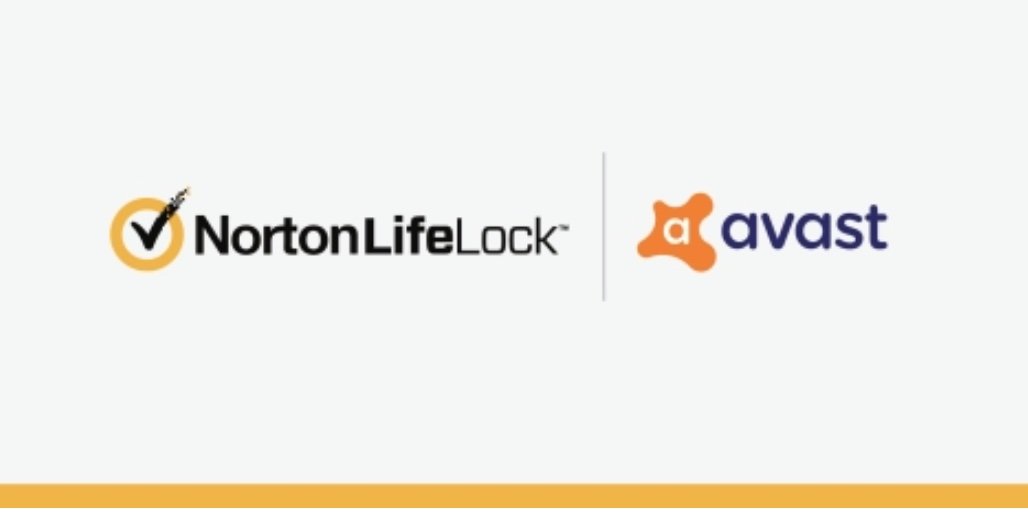NortonLifeLock and Avast are merging into a company worth more than $ 8 billion. The deal wants NortonLifelock to acquire all of Avast's shares to create a much larger cybersecurity company.
"With this combination, we can enhance our cybersecurity platform and make it available to more than 500 million users," said Vincent Pilette, CEO of NortonLifeLock.

"We will also have the opportunity to further accelerate innovation to transform cybersecurity."
The merger of the two companies should lead to antivirus products that incorporate the benefits of Avast's focus on privacy and NortonLifeLock's identity experience, all at a time when cybersecurity is vital. for both consumers and businesses.
Ransomware is on the rise, with new attacks on high-profile companies appearing daily. Gigabyte was hit by a ransomware attack earlier this week and a major ransomware attack affected customers of Kaseya remote management software last month.
These attacks can often lead to supply chain attacks, with other ransomware or malware affecting all consumers. For example, hackers managed to hide malware inside the auxiliary program CCleaner the 2017.
Founded in the Czech Republic, Avast has been developing software for consumers and small businesses for 11 years and acquired AVG five years ago. NortonLifeLock is a part of the former Symantec, which was left when the Broadcom acquired security business Symantec two years ago. The antivirus Norton has been around in various forms since 1991 and has remained a popular (?) choice for consumers for 30 years.





